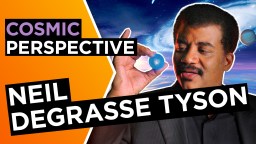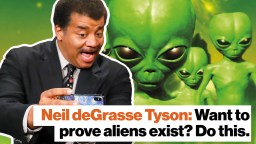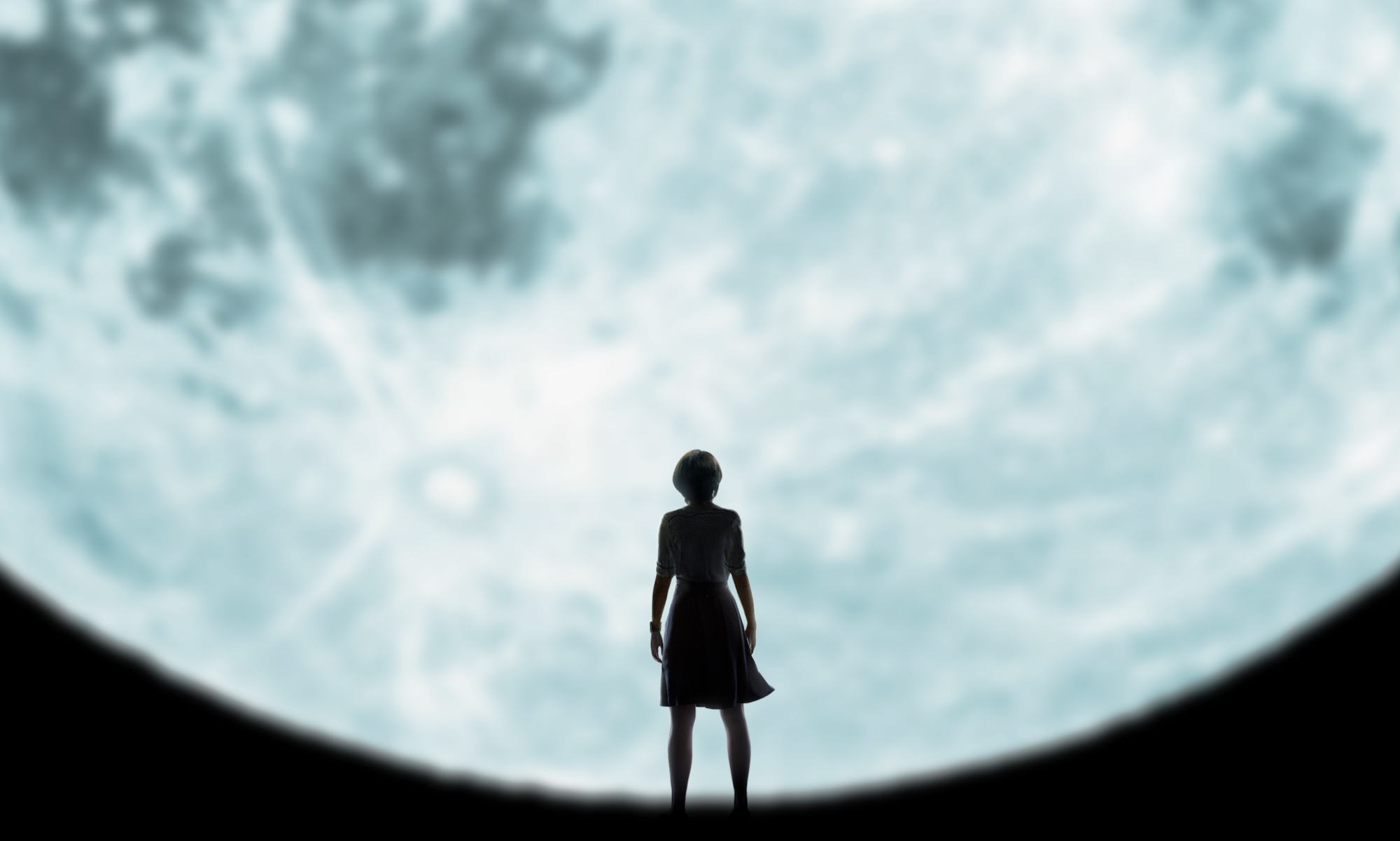space
The Mars 2020 rover is set to launch in July of the same year, setting the stage for years and years of science on the Red Planet.
We have arrived: Big Think’s most popular video of 2019 tells us light exists outside of time.
▸
4 min
—
with
Russian astrophysicists propose the Casimir Effect causes the universe’s expansion to accelerate.
A 2020 space mission wants to use zero gravity to disable some of the hardest cancers to fight.
Next on Big Think’s 2019 top 10 countdown, black holes may give us a glimpse of the underlying nature of reality.
▸
8 min
—
with
Princeton scientists find a new way to control nuclear fusion reactions.
The Jerezo crater — where Mars 2020 is set to land — could be a good place to find signs of past life on Mars.
Observing the great gas giant helps me to keep important things in perspective.
▸
with
Superpowerful lasers for next-generation technologies are closer to existence.
From anti-gravity pens to cool model kits, these space-themed gifts will make any star gazer very happy.
The space station sector has exciting potential as more private companies enter the conversation.
▸
6 min
—
with
Researchers find what causes the glow coming from the densest objects in our universe.
CuriosityStream is a non-fiction streaming platform of over 2,000 documentary features and series that open up every facet of our planet, our times and our universe.
Scientists are expert observers. Because of this, they can help us develop a keener view of the world — the cosmos.
▸
3 min
—
with
Entomologist William Romoser of Ohio University says NASA images depict insect- and reptile-like creatures on Mars.
A study found alarming changes in the bodies of astronauts aboard the International Space Station.
When it comes new PR disasters, NASA isn’t taking any risks.
▸
3 min
—
with
The idea that celestial objects exist within utterly immense cosmic structures is becoming inescapable.
Neil deGrasse Tyson wants to believe. He just needs to see the evidence first.
▸
5 min
—
with
Dinosaurs never left Earth, but they still traveled millions of miles through the Milky Way galaxy.
A historic NASA probe sends back a treasure-trove of information from billions of miles away.
A new paper claims that scientists might be wildly mistaken about the density — and therefore, the shape — of our universe.
An Oxford scientist claims a Nobel-Prize-winning conclusion is wrong.
NASA’s intrepid Curiosity rolls upward into Mars history.
An Oxford scientist’s controversial theory rethinks dark matter and dark energy.
The billionaires are both looking to the stars, but each has a different dream for space colonization.
▸
4 min
—
with
The private sector may need the Outer Space Treaty to be updated before it can make any claims to celestial bodies or their resources.
▸
5 min
—
with
Colonizing the Red Planet isn’t a bad idea in theory. But . . .
Lucy in the Sky film doesn’t deliver what it implies, but is a wacky docudrama instead.





























